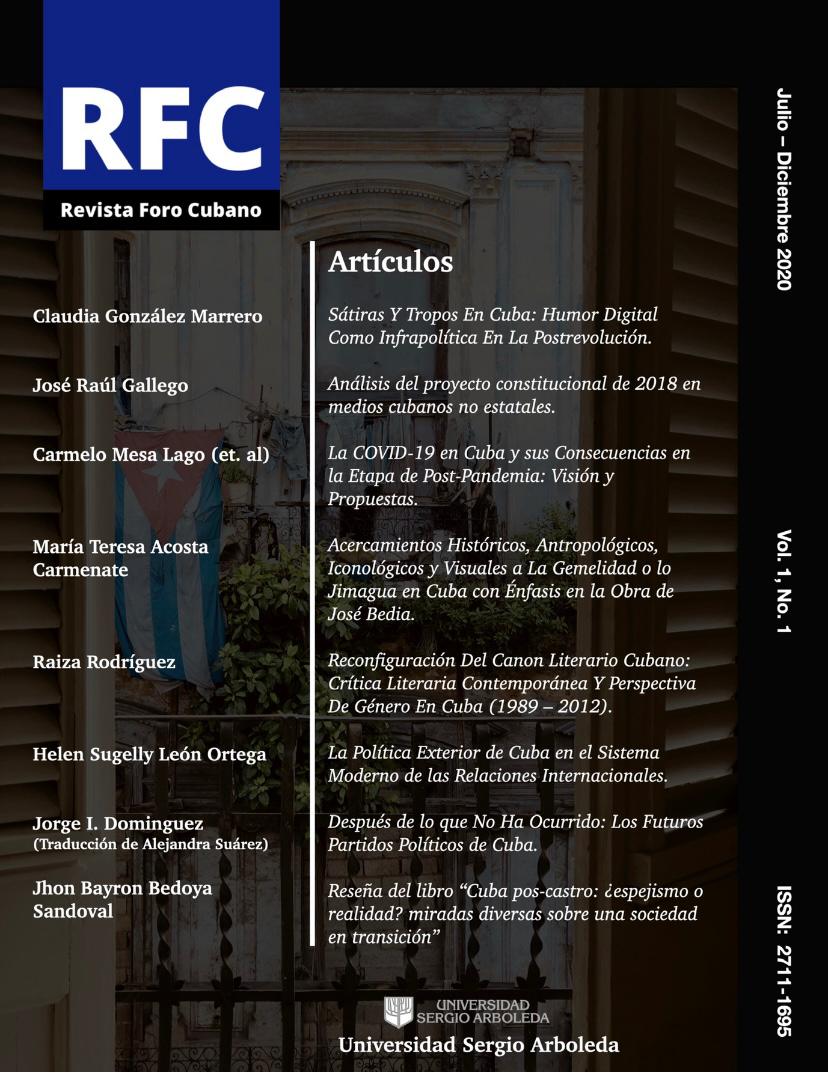Abstract
In Cuba, the division between public and private spheres of society, the monopoly of public communication
and media, as well as the ubiquitous calls for national sovereignty, maintain a civic compass where people
have learned not to make more radical judgments than necessary. In this ecosystem, different degrees of
discordance are formulated in everyday life, and social interactions form the basis for self-affirmation and the
creation of acts of contention, divergent discourses, and peaceful resistance. In this context, digital cultural
expressions, including the contemporary modular repertoire of memes, hashtags and posts, can be considered infrapolitical vehicles used by a subordinate society to resist authoritarian distortions in communication flows.
Digital trends have been able to take advantage of the regime’s loss of symbolic legitimacy, and question
entrenched power dynamics through a satirical language of coded elements and customary meanings. This
essay uses tools from linguistics, sociology and ethnosemantics to analyze expressions in Cuban digital media, such as memes, hashtags and posts, as well as their relationship /functions in mediating between popular culture, citizenship and state policies.
Once published, the rights of printing and reproduction are from the Sergio Arboleda University.

